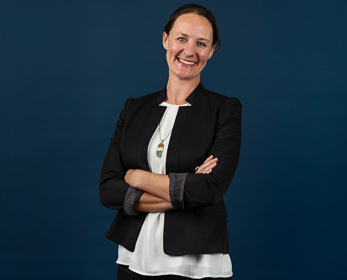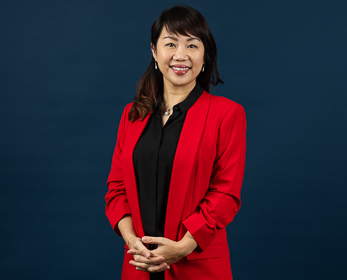Western Australia's marketing sector is still faced with issues of sexism, harassment, and marginalisation, with a new report by Edith Cowan University (ECU) finding that as many as one-in-four marketers have experienced discrimination in the workplace.
The report, undertaken on behalf of the Western Australian Marketing Association, surveyed 573 workers in the Western Australian marketing sector and found that three-in-ten agency workers feel they are not treated with respect in their workplace.
Formal reporting on discrimination remains low, with only 42 percent of participants formally reporting their discrimination experiences.
The report also dealt with the issue of exclusion, finding that 61 percent of male respondents felt excluded, compare with 38 percent of female respondents. Some groups, such as heterosexuals and those without disabilities, expressed lower levels of inclusion, while Anglo and English-speaking respondents reported the highest levels of feeling excluded.
ECU Lecturer Ms Melissa Fong-Emmerson and Senior Lecturer Dr Ashlee Morgan found that gender plays a significant role in shaping attitudes towards diversity, equity, and inclusion (DEI). 83 percent of female respondents said a diverse and inclusive workplace is important, compared to only 68 percent of males who share the same sentiment.
While non-binary/gender diverse respondents represent less than 1 percent of the sample population, they unanimously agree on the significance of DEI.
Age is another factor influencing perceptions, findings show 88 percent of under 35s agreeing that DEI at work as crucial, this figure reduces to 67 percent among 35- to 44-year-olds. Encouragingly, 92 percent of respondents over 45 years affirm the importance of DEI; however, it is important to note that they make up roughly 1 in 10 of the sample population.
"The study's findings uncovered sobering statistics and firsthand experiences around discrimination and lack of inclusion, providing a data-driven foundation for the industry to take meaningful action," said Ms Fong-Emmerson.
"By amplifying the voices of the participants on these critical issues, the study provides a platform for the marketing community to prioritise commitment to diversity and inclusion. This can drive tangible improvements and actions, moving towards a genuine, long-term authentic commitment to inclusive workplaces. We hope this will ignite meaningful lasting change in the marketing industry."
Improving diversity and inclusion in the workplace
The report makes seven key recommendations for organisations to improve diversity and inclusion in their workplace, they are:
- improved experience in agencies,
- strengthening social connections,
- improving transparency in career opportunities
- adopting inclusive recruitment strategies.
Dr Morgan noted that the recommendations made in the report were intended to facilitate meaningful action across the WA marketing sector.
"A diverse workplace does not equate to an inclusive workplace. It is well overdue for the industry to reflect our diverse society and ensure that everyone feels included at work."
Read a copy of the WAMA report here.

 Three-in-ten agency workers feel they are not treated with respect in their workplace.
Three-in-ten agency workers feel they are not treated with respect in their workplace.




